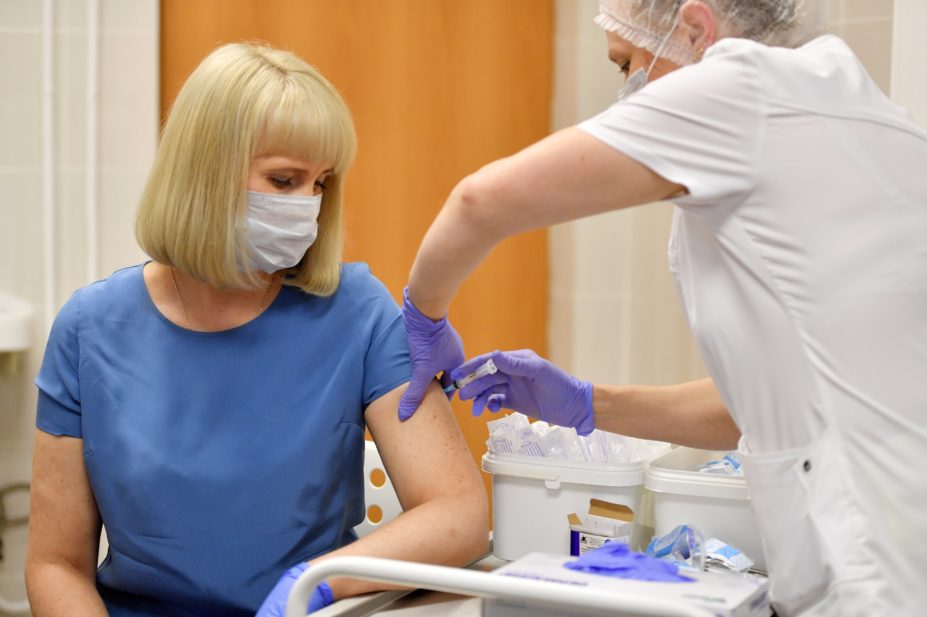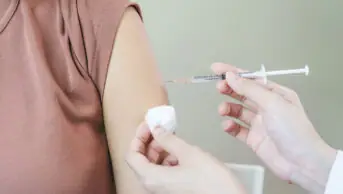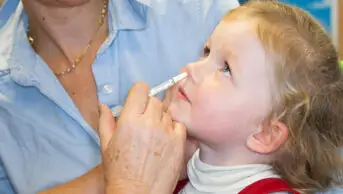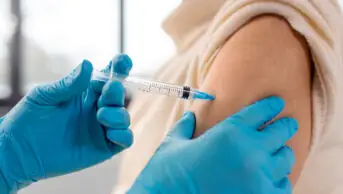
Science Photo Library
The announcement on 9 November 2020 from BioNTech and Pfizer that the first interim efficacy analysis of their vaccine suggests it is more than 90% effective in preventing COVID-19 was unequivocal good news.
The efficacy data later released by Moderna and Oxford University that their vaccines are 95% and 90% effective, respectively, have added to the sense that we are at a turning point in the COVID-19 pandemic.
Attention has now turned to how a national COVID-19 vaccination programme will work. In a letter to GPs dated 9 November 2020, NHS England advised primary care networks (PCNs) to nominate at least one site where a minimum of 975 vaccinations can take place each week. The letter said practices “will need to provide the majority of the required staff from their own workforce”, but adds that “PCN partners in … community pharmacy may be able to support delivery”.
But the situation remains unclear. In England, pharmacy negotiators and some major chains are in talks with the government about the involvement of community pharmacy in the vaccination programme, but the Pharmaceutical Services Negotiating Committee warned that “the programme will work very differently to flu vaccination” and that not all pharmacies will be able to participate.
In Scotland, first minister Nicola Sturgeon said that health boards would aim to use “local premises, such as pharmacies” to deliver the COVID-19 vaccination programme, with more details being set out shortly.
As Sandra Gidley, president of the Royal Pharmaceutical Society, has said, community pharmacy “has a track record of delivering vaccination programmes across the healthcare system” and must be involved in providing COVID-19 vaccines to enable the widest possible access for patients.
This will not be an easy task. Not all pharmacies will have the space or the facilities to ensure safe administration of the COVID-19 vaccine. We are also in the midst of the largest ever flu vaccination programme and, as we enter winter, there may be issues with staffing in community pharmacy.
However, it would be inconceivable not to give community pharmacists, experienced in vaccinating, a central role in what will be a Herculean vaccination programme for the health service; GP practices cannot do this alone. With the right kind of funding and support, there is no doubt the profession will step up to help the nation at this time of crisis.


